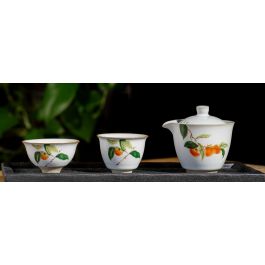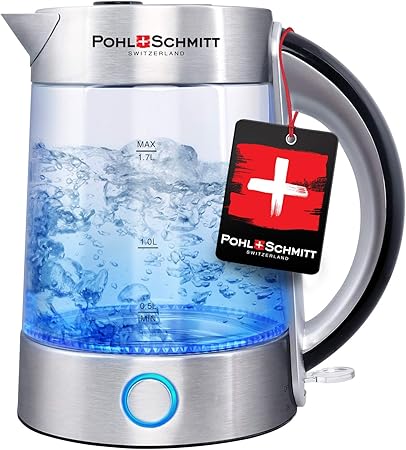The Japanese tea ceremony can last up to 4 hours. Could you remove your shoes and leave all personal items outside the tea room? The focus is on the guest and the implements used. The complete service includes meals as well as the tea service. This service is called a Chaji. The Chaji is exclusive and private. This type of service is thought of when you think of Samurai, Geisha, or Ninja.
The center of the tea ceremony is the Japanese tea set. A traditional Japanese tea set is set up in specific ways, and the guest is honored throughout the ceremony.
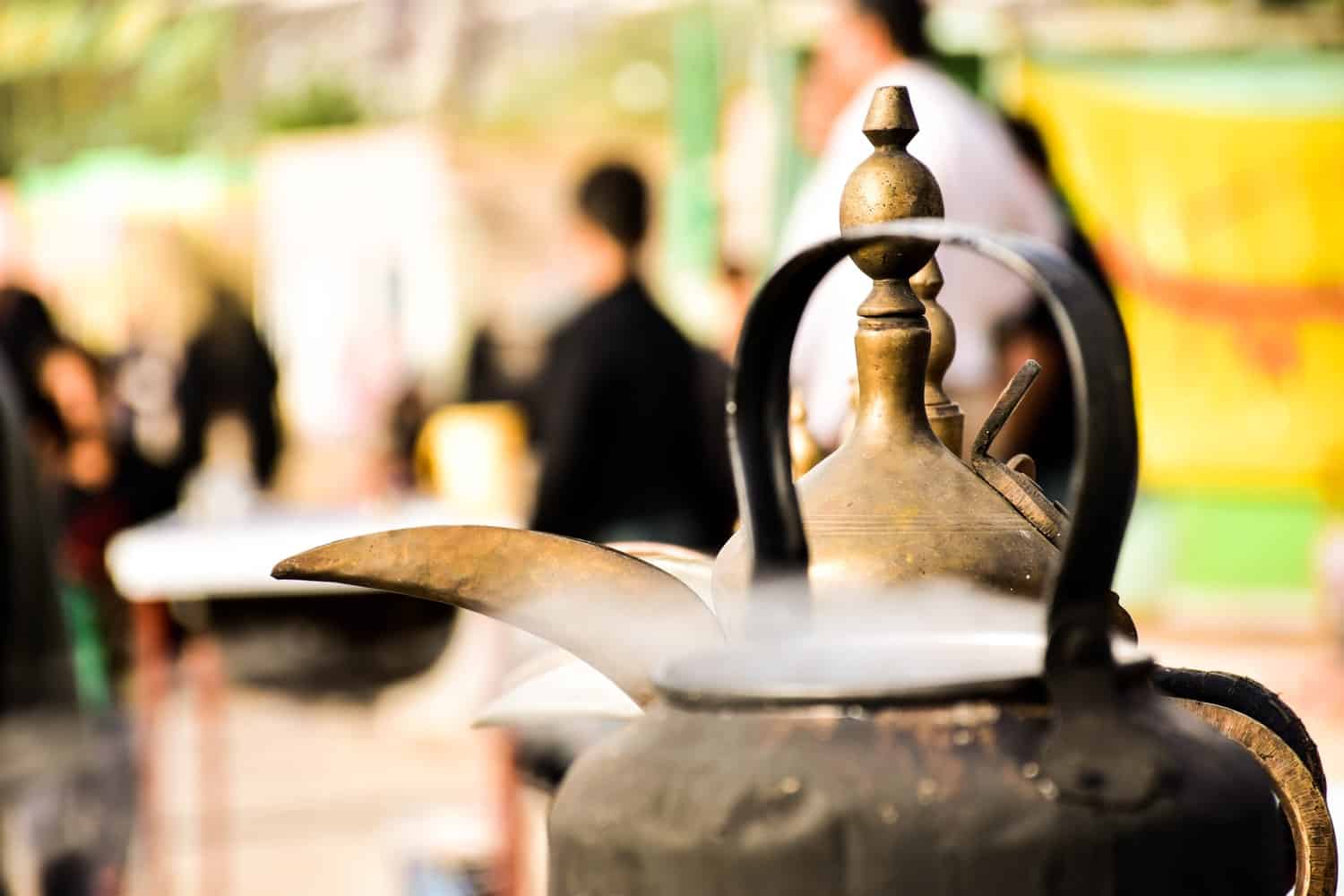
Things to consider before buying a Japanese tea set
Most of us do not have a unique tea house in our homes or even by them. Chances are, most of us will not be hosting an authentic Japanese tea ceremony in our homes. But that does not mean we cannot enjoy the authentic Japanese tea set.
It also does not mean we cannot perform that ceremony in our homes. To do so, we need to know exactly what to look for and where to get it.
If you are interested in tea, having a Japanese tea set in your home is very commonplace. I own a cast-iron Japanese tea kettle that sits on a beverage center, proudly displayed. I purchased mine at a thrift shop.
There are so many different styles and versions of Japanese teapots and cups. It may be difficult to choose, or even know what is best. Personal ideas and likes may not be enough to make a quality decision.
I love the versatility of this set. Lightweight and small enough to travel where everyou go. Your tea needs well be met no matter where you are.
The Japanese Tea Set History
The tea history of Japan goes back to the 12th century. The actual purpose of the Japanese tea service is to make a pure cup of Matcha.
Green tea is the most prevalent however, you can brew any tea you wish in your Japanese tea set.
There are two ceremonies.
Chakai
Informal and lasting less than an hour. This also includes a sweet treat to balance the bitterness of the matcha.
Chaji
Very formal, including an elaborate 4-course meal.
The ceremony is a very methodical, purposeful ritual, and each step has a purpose. Both ceremonies utilize the Japanese tea set, which includes:
- Kama or Kyusu
- Japanese teapot
- Chawan
- Japanese teacup
- Yunomi
- Japanese tea set
Pros:
- Sharing in a unique time-honored tradition
- A tea treasure to honor
- Keep your tea warmer longer
Cons:
- Tea keeps brewing for longer periods
- What are the advantages of using these cast-iron pots?
- Longer tea preparation
The Iron pot has been originated in Qin and Han Dynasties, and has a history of thousand years. During the frequent cultural exchanges between Tang and Song Dynasties and Japan, the pot production technology was introduced to Japan
Why perform a Japanese Tea Ceremony
The one word with a Japanese Tea Ceremony is purpose. Each move and all items are used with purpose.
Respect would be my next thought. The Japanese tea ceremony is a tea service that is performed in honor and respect of the guest.
There is peace and tranquility in the tea service as well. From the pouring of the first pot of water to the last sip of the cup.
The process is unique and very honorable. Each step has a purpose with the guest in mind and is considered throughout the process.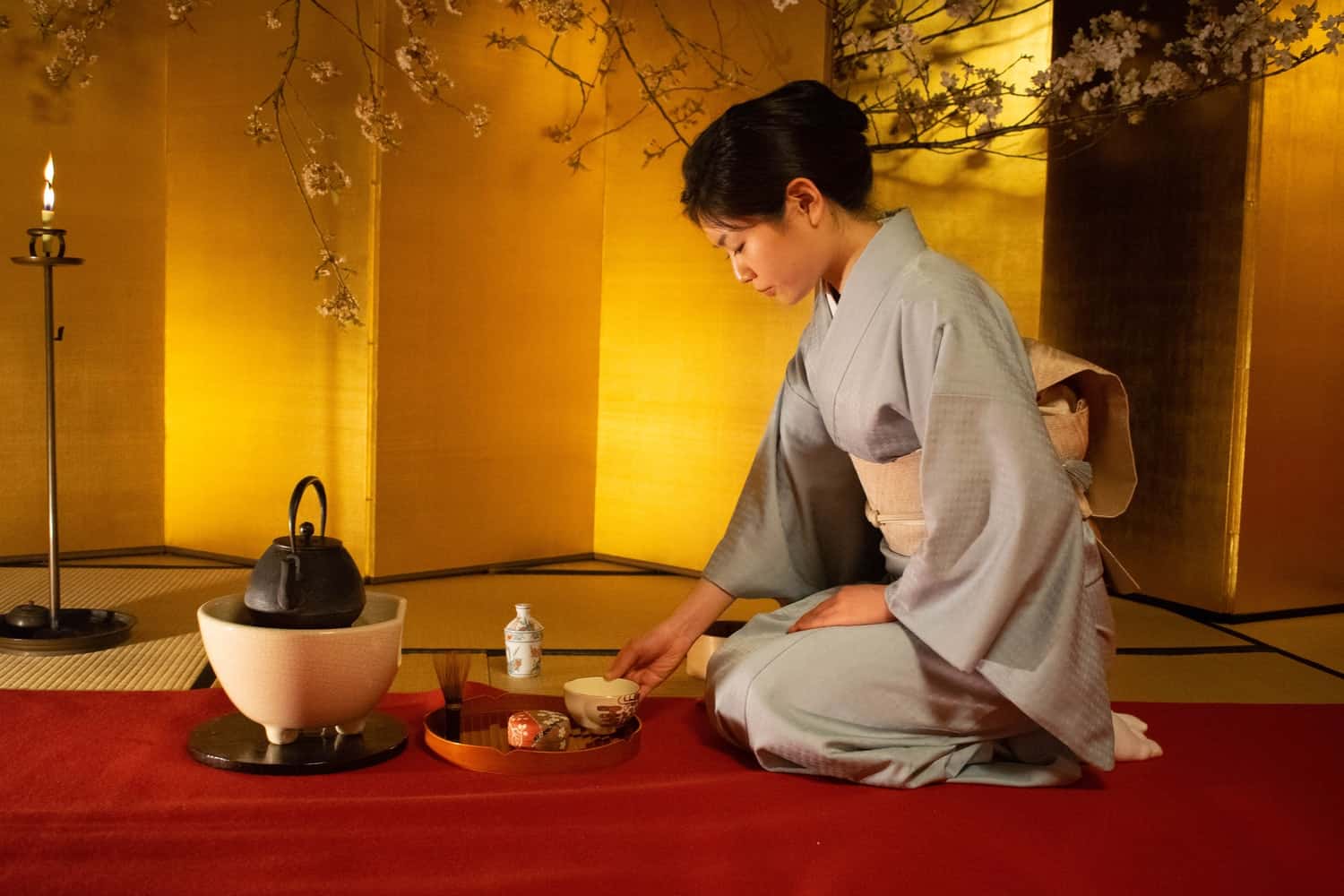
Where Can I Buy A Japanese Tea Set
Tea sets are generally sold in sets of five. This includes four matching teacups. The teapot can match or be purchased separately.
Most often, these sets can be found in Japanese department stores in the china section. Today, we have an amazing global economy where these sets can be found on many sites online.
SMOOTH CERAMIC TEAPOT SET: Crafted with thicker porcelain and has a matte glazed surface that offers a very smooth touching.This teapot is 800ml,perfect for 2 people to enjoy a small round of tea. Please tighten the copper screw on the handle before using it
How Do You Use a Japanese Tea Set
You will want to warm up your pot by adding warm water to it, then pouring this water out. This warms up the pot as well as gives it a fast little cleanse.
- Add your tea to the teapot.
- Refill the pot again with water that is the correct temperature for the tea you have chosen.
- Allow the tea to steep for the correct time (or the time you desire).
- Once the tea has brewed, pour it into each cup
- Pour slowly and in small amounts, taking approximately 9 or 10 short pours until the cup is full.
This video shows you how to prepare tea for a Japanese tea ceremony.
What Material Is Best For a Japanese Tea Set
The material used for the best Japanese Tea experience would be clay. Clay is used to give the best tea taste as well. By using clay the tea does not come into contact with any foreign material like metal or plastic.
Ceramic is a popular choice as well. Ceramic keeps the water warmer longer and at a steady temperature. Keeping the water warm allows for better brewing of the leaves and a longer warm tea experience.
A Japanese Tea Pot is a Kyusu
A Kyusu is the actual Japanese name for the teapot. This Japanese teapot has a handle on the side, on the top, or on the back. The teapot can be made of several different types of material, as well as handles. The material you choose is important for your use of the teapot
Teapot Material
There are a few materials to choose from. The most popular of those choices is clay and porcelain.
Clay
Clay allows for a milder taste and a more even temperature of the water. More interaction with the pot and the tea. Most have built-in filters
Porcelain
Sturdy and versatile. Can brew any tea, and the flavor of the tea is not absorbed.
Metal
Can become very hot. The flavor of the tea may change due to its contact with the metal.
Cast Iron
A Japanese Tea set made of cast iron keeps your water warmer longer. This tea set can be heavy but solid with a good hand feel.
Teapot size
Size depends a lot on the type of teas you like to drink, as well as your serving size. If it is just you and your favorite Japanese tea. A smaller and personal no-handle hohin would be a great choice. If you have a larger family or intend to host a tea ceremony. If you have a larger family or intend to host a tea ceremony. A Yokosuka or Ushirode Kryusu would be beneficial.
Teapot shape
Yokosuka Kyusu – handle on the side of the teapot, usually, the right side and the thumb is used to hold the lid in place.
Ushirode Kryusu’s
- The handle is on the backside of the teapot. Any type of tea can be brewed.
Dobin
- The handle is on the top, used for low-temperature teas. Material for handles can be made of material or bamboo.
Hohin
- No, handle very low temps because it is held in the hands.
A Japanese teacup is a Yunomi
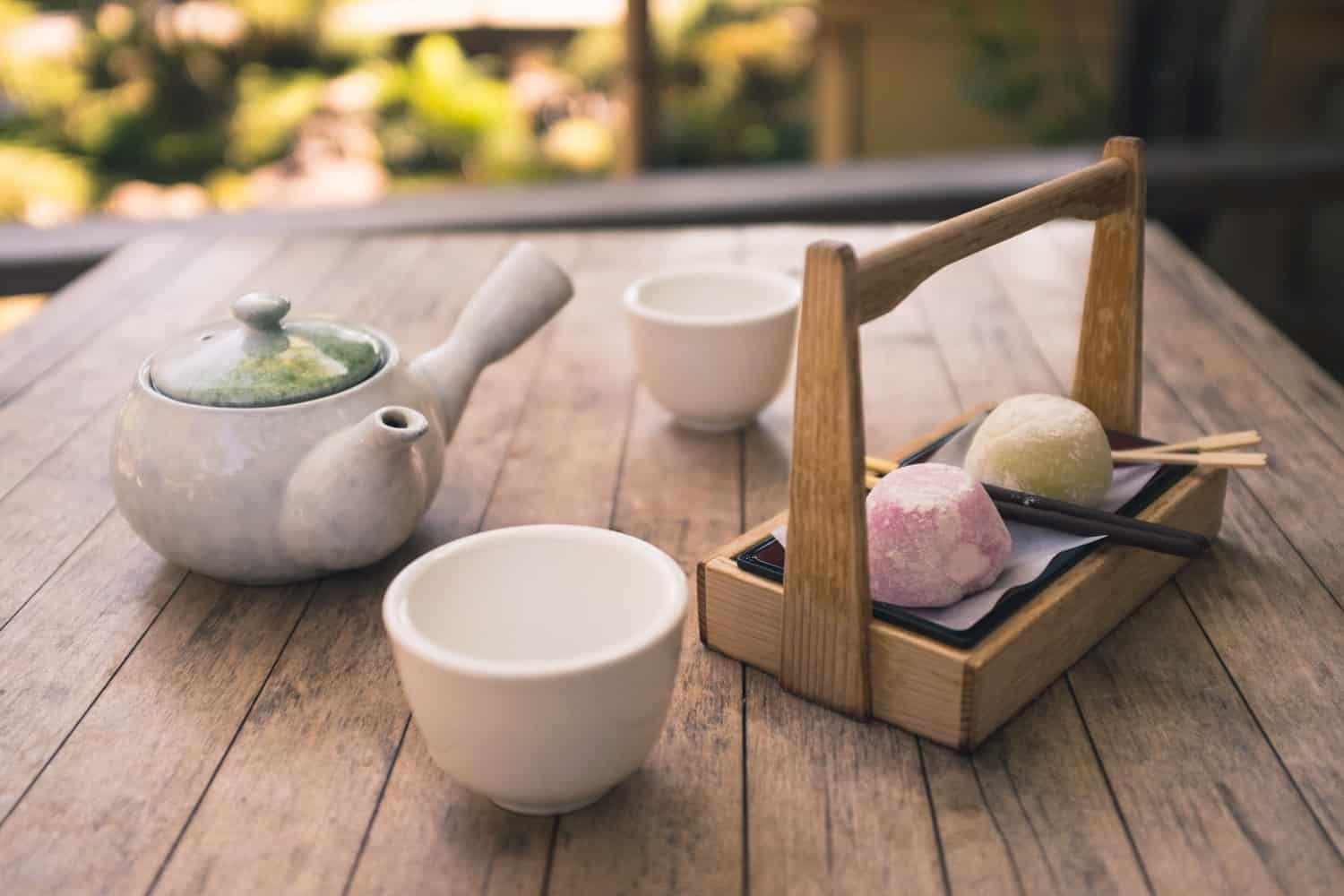
A Yunomi is a teacup for the Japanese tea set. A yunomi can be made of many materials. The most common is ceramic. The cup is taller and more slender, a Chinese teacup with no handles.
The Japanese teacup is different because it is taller than wide and has no handle. The teacup can be made from different materials, including
Porcelain
- Most popular
- Thin
- Lightweight
- Colorful
- Designed
Clay
- Traditional
- Popular
- Wabi-Sabi
- Wabi-Sabi is a name for an imperfect (yet considered perfect by imperfection)
Glass
- Good
- Cool or cold beverages
- Easier to handle
- Good for a sunny, hot day
- Shapes
Japanese teacups can come in a few unique shapes as well as designs
- Tapered
- Pushes the aroma to the top
- Straight
- Maintain even tea temperature
Lids
- Help to keep the tea warm
- The lid can serve as a coaster
Color
Would you think the color of the teacup matters? Only if you are looking for a certain color. However, the inside color matters if you desire to see the strength of your tea and its color.
What Japanese Tea Set works best? Provided by the Sazen Tea Company is a chart about which teacup may work best with what tea set.
Tea Variety Teapot Size Teacup Size Recommended Tea Set
Gyokuro 120 cc. 40 cc Bamboo Hohin
Bamboo Yuzamashi
Bamboo Gyokuro Tea Cup
Kabusecha 130 cc 70 cc Hasamiyaki Hira Kyusu
Hasamiyaki Tea Cup
Sencha 250 cc 120 cc Sabisenmon Kyusu
Sabisenmon Tea Cup
Fukamushicha 240 cc 90 cc Hokuryu Fukurogata Kyusu
Pine Needle Tea Cup
Kukicha (Karigane) 220 cc 60 cc Takasuke Ivory Kyusu Large
Mino Sorigata Yunomi
Konacha 160 cc Chakoshi
Hakeme Tsutsu Yunomi
Kamairicha 250 cc 140 cc Gyokko Yakishime Tea Set
Genmaicha 270 cc 120 cc Gyokko Yohen Tea Set
Hojicha 600 cc 130 cc Kyoesansui Tea Set
Don’t Take My Word For It
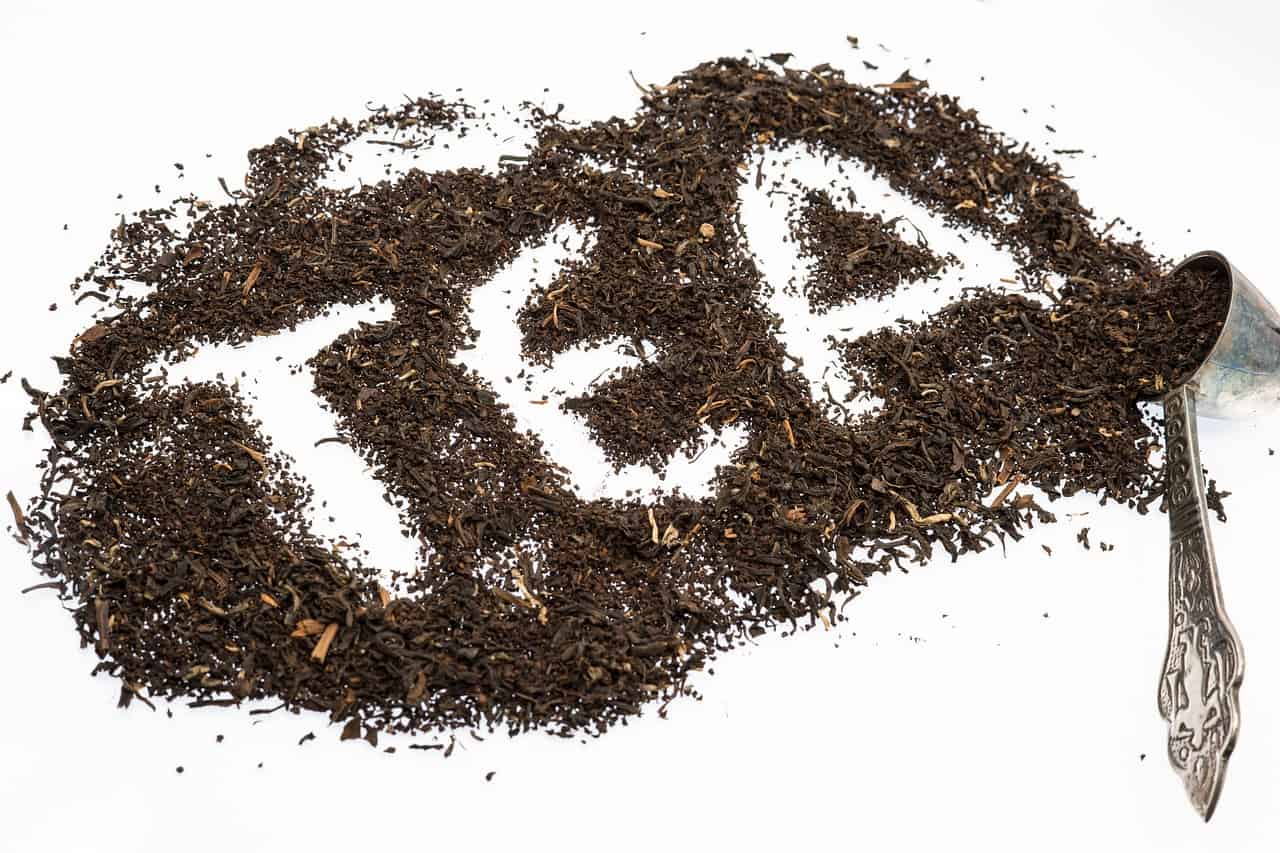
I scoured the internet and found some user reviews about the Japanese tea sets.
“It was exactly what I wanted and more. The pot is the size I wanted to make 2-3 mugs of tea at a time. The heavy cast iron keeps the tea warm. “
“Great weight, and I love the tension on the handle. It stays where you put it pretty firmly.”
“It’s the perfect teapot to have a nice afternoon tea party with your besties!”
“It makes a great cup of jasmine tea and is beautiful enough to be on display in our living room when it isn’t being used.”
Alternative Choices
A stainless steel kettle that whistles. There's no ceremony here. But there is hot water that comes to temperature on a stove top. This kettle is easy to use. Fill It with water, replace the lid and put it on the stovetop.
The Purest Taste: Made with the finest quality borosilicate glass which resists scratching and scuffing, healthier than others because no plastics touch the boiling water inside including the lid, because we encase it in a layer of solid stainless steel
1500-Watt stainless-steel cordless electric kettle with 1-2/3-liter capacity and concealed heating element. Dimensions-8.8 x 6.1 x 9.7 inches. Bpa free. Cord length: 36 Inches
6 preset heat settings for steeping tea at just the right temperature; blue LED indicator lights
Conclusion
While there may not be a need for a Japanese tea set there should be a want. Participating in a tea ceremony is so rewarding. To make the purest tea in a centuries-old tradition is the best experience you will ever have.
- Your tea will be created in the purest of ways
- Your tea will remain warm longer
- The peace and tranquility of a tea ceremony
- Honoring the guests you’ve invited

